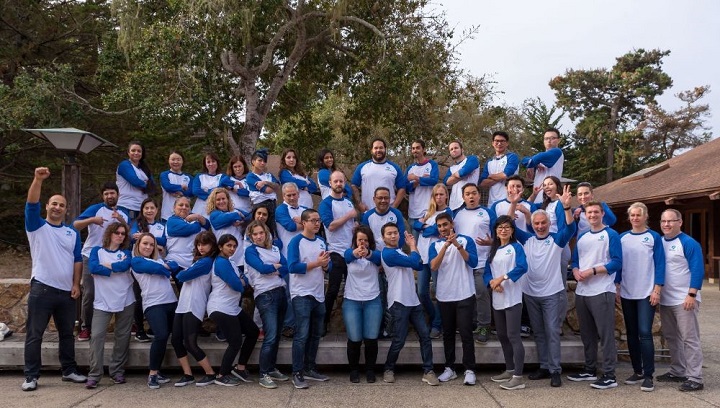LONDON, UK: Schroders Capital Global Innovation Trust has made an investment of $1.6 million (£1.3 million) in Neurona Therapeutics, a US-based clinical-stage cell therapy company.

The Company participated in Neurona’s Series E financing round, which raised $120 million and was co-led by Viking Global Investors and Cormorant Asset Management with participation from new and existing investors including The Column Group, Passaic Capital Management, Lyfe Capital, Willett Advisors, Ysios Capital Partners, Euclidean Capital, Ironfire Ventures, Sphera Fund Management, SymBiosis Capital Management, UCB Ventures, and UC Regents.
Neurona is a clinical-stage cell therapy company focused on discovering and developing allogeneic neural cell therapies to treat chronic diseases of the nervous system. Proceeds from the financing will be used to advance the company’s pipeline of wholly-owned, off-the-shelf cell therapies for multiple indications, including its lead investigational candidate, NRTX-1001.
NRTX-1001 is being evaluated in an ongoing open-label, single-arm Phase I/II clinical trial for treatment of drug-resistant mesial temporal lobe epilepsy (MTLE), with further potential application in Alzheimer’s disease. In December 2023, the company reported that NRTX-1001 has been well tolerated in all initial subjects and the first two subjects continue to report a >95% reduction in overall average monthly seizure counts one year after treatment. The company currently has three additional cell therapies in the preclinical stage of development as experimental cell therapies for the treatment of chronic neurological disorders.
Tim Creed, Lead Portfolio Manager, and Harry Raikes, Co-Portfolio Manager commented: “We are delighted to make another investment as part of the portfolio sub-strategy of backing innovative life science companies at the near-clinical or clinical stage of development. We believe Neurona is a highly complementary addition to the Company’s portfolio. This funding will help advance Neurona’s cell therapies to address unmet needs in chronic neurological disorders and we are encouraged by the strength of the initial clinical data.”